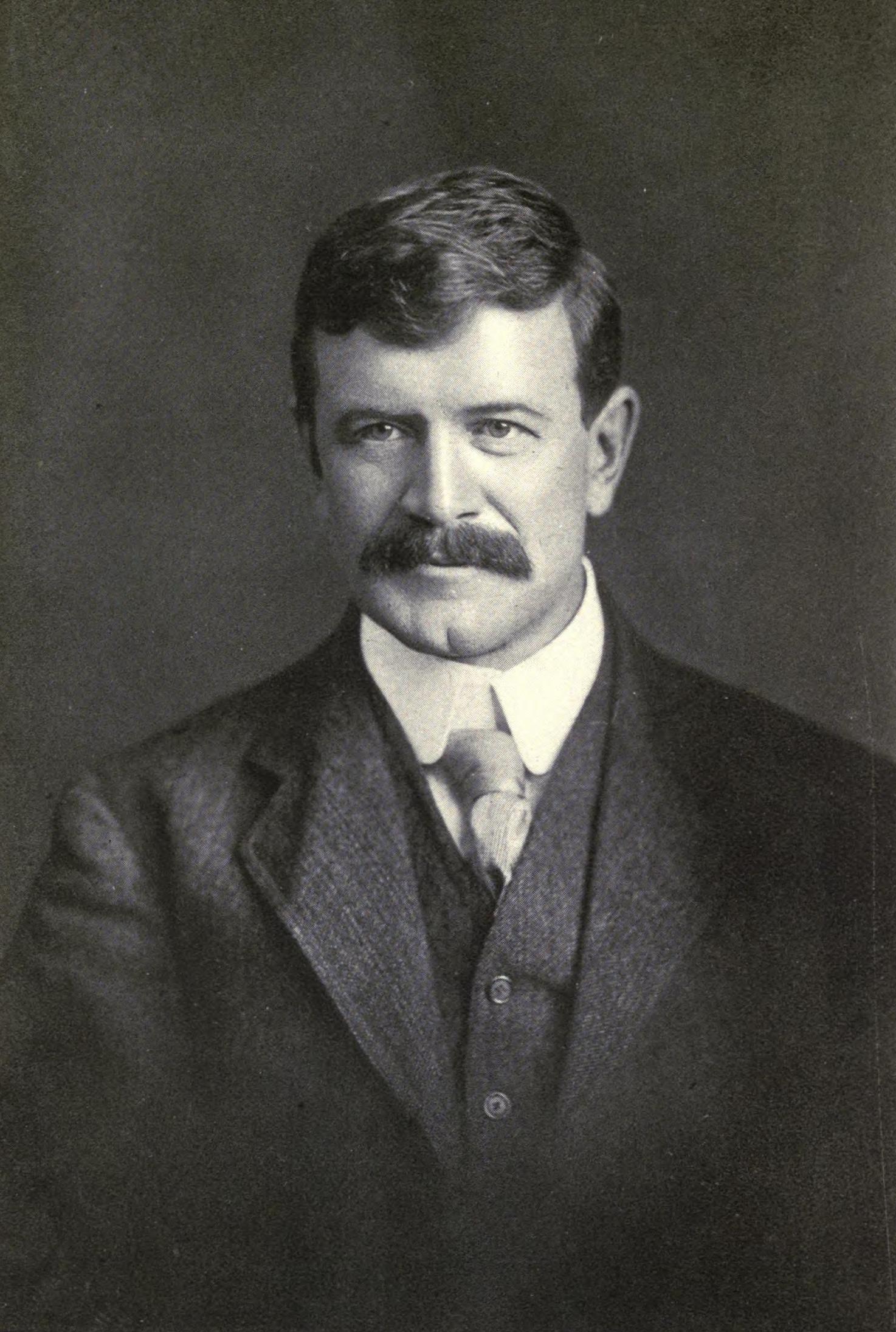Denis Mackail’s 1949 novel By Auction is one I’ve been reading on and off for months, but I finally finished it recently. It’s not his best… it was a little bit of a slog to get through at times, sadly. But I wanted to post a little about it, because there are moments I found brilliant.
The novel is about a young man seeing his ancestral home – or the objects therein – be auctioned off to pay debts and such. As he wakes up for his final morning there, and then sees the auction, it brings back a whirlwind of young memories (particularly of his brother, who died at war) and a series of young women who seem more or less interchangeable to me. The dashes between past and present were slightly confusing, and I couldn’t always work out which young women were where. But, anyway, if I didn’t relish these sections – I loved when Mackail was writing just about the auction. That was captivating, and almost always irrelevant to the plot. And I wanted to share this section on the auction, that I thought was brilliant:
“Going – ” said Mr Murcher, once more. Looked round, but only for an instant, for he knew his own congregation by now; and rapped – for at his desk he no longer just jerked – with the butt-end of his pencil-case. He had now achieved almost his maximum speed.
His skilled, photographic mind knew exactly which members were, except as part of the essential background to this production, no use at all. Which kept their heads. Which could be relied on to lose them. Which wanted larger bits of furniture. Which wanted oddments. Which – very important, this – had a weakness for what in a shop would have been quite unsaleable. Which were quick, which were slow; not always the same thing as which were rash and which were cautious. Which were rich, yet perhaps mean. Which were poorer, yet if led on, and personally addressed – for he would remember all names, too, or get them swiftly from his clerk – might be reckless.
He was a conductor. This was a symphony. Unrehearsed, and in a sense with a new score. But he was attuned to it. One symphony, after all, if you have experience, is much like another. The pencil-case was his baton. It started each theme. It singled out strings, brass, woodwind, or percussion; in other words the various characters gathered round him. Occasionally it combined them, in a great, orchestral swell. Then it paused. “Going – ” he said. The theme was over. He began again.
There was ballet, too; of a somewhat simple yet rhythmic nature. For perpetually, as he spoke, cajoled, jeered – Tod sometimes felt that he went a bit far with his jeering, but had to admit that it often gained its effect – or cracked jokes, the four strong men, singly, in pairs, or once or twice as a trio, came gliding up the gangway or in from the wings, with objects and articles of different sizes.
Always, or almost always, as one object or article was being exhibited and appraised, another was being removed, and yet a third was awaiting its turn. The strong men were quite expressionless. They neither led the laughter – not that Mr Murcher was so inexpert as to crack a joke every time – nor joined in it. Nor, again, did they seem aware of the baton.
Yet their steady, relentless coming and going, and the gradual but incessant redistribution of the goods in the tent, was more than rhythmic; it was slightly hypnotic. At one and the same moment you could see what you had lost or won, what you must instantly decide whether to go for or not, and what was on the point of taking its place.
Past, present, and future, as one might say, formed the basis of this choreography; which as calculated to disturb even the steadiest nerves, for who can bear all three together?
 I’m sure you know about the exciting and excellent Furrowed Middlebrow series from Dean Street Press – if not, hurry to them – and today I’m going to share my post about Alice by Elizabeth Eliot. Below is the beginning of my review – you can read the rest over at Shiny New Books.
I’m sure you know about the exciting and excellent Furrowed Middlebrow series from Dean Street Press – if not, hurry to them – and today I’m going to share my post about Alice by Elizabeth Eliot. Below is the beginning of my review – you can read the rest over at Shiny New Books.





